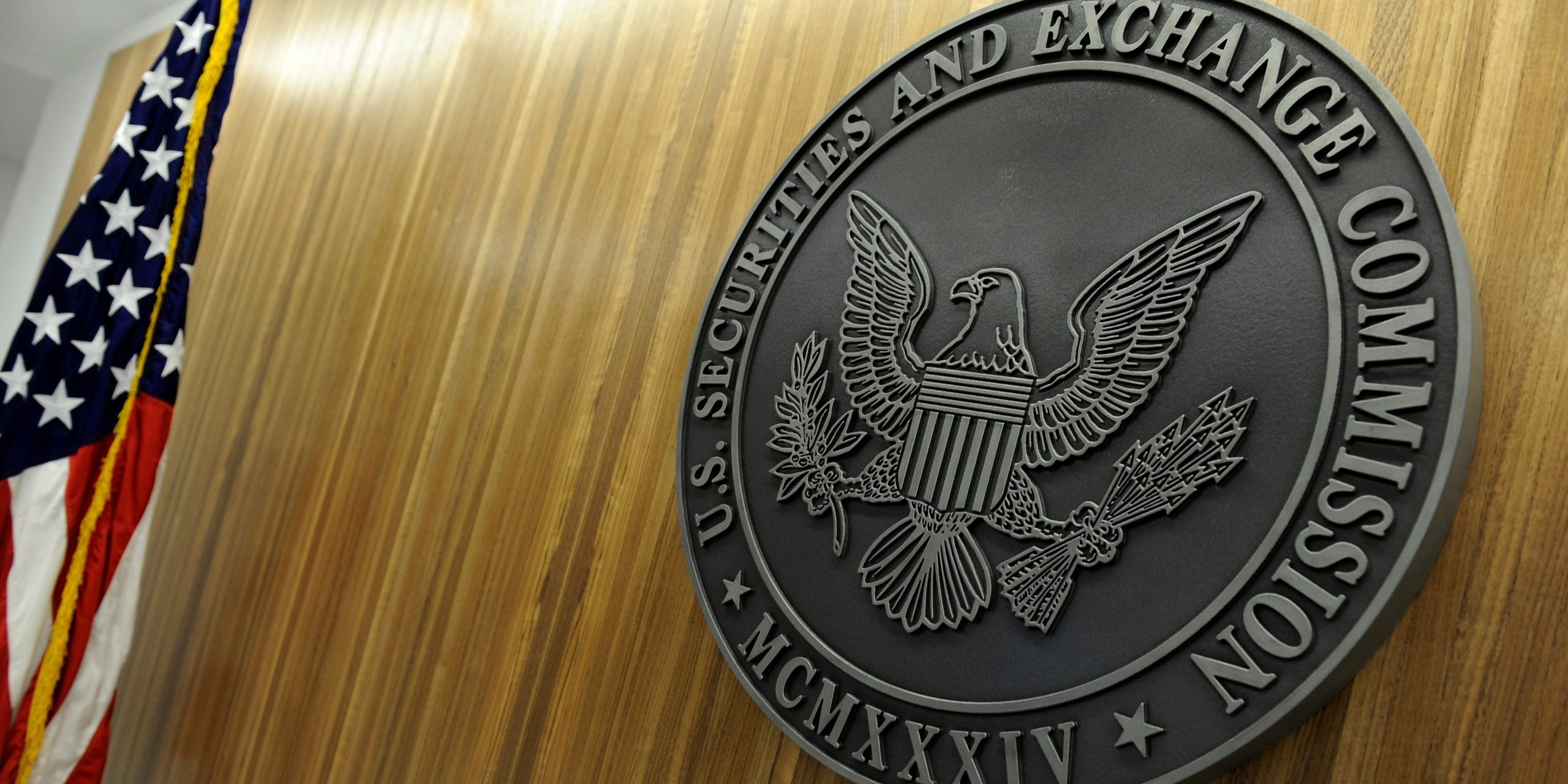
- The SEC obtained an asset freeze to stop an alleged Ponzi scheme involving Florida resident Jonathan P. Maroney.
- The US regulator alleges Maroney's Harbor City Capital raised at least $17.1 million from more than 100 investors in a series of fraudulent securities offerings.
- Maroney misappropriated funds to purchase a waterfront property and Mercedes Benz, the SEC said.
- Sign up here for our daily newsletter, 10 Things Before the Opening Bell.
The US Securities and Exchange Commission announced Monday it had filed an emergency action and obtained an asset freeze to stop an alleged Ponzi scheme involving Florida resident Jonathan P. Maroney.
According to the SEC's complaint, Maroney and his companies raised at least $17.1 million from more than 100 investors in a series of fraudulent securities offerings.
For at least five years, Maroney's companies, including Harbor City Capital Corp, promised investors annual returns of 10%-60%, the SEC said. Maroney's companies told investors their funds would be used to finance his "customer lead generation campaigns" and reselling the leads to other businesses would bring in cash.
However, most of the funds Maroney's companies took in didn't go into the businesses. The complaint says Maroney misappropriated at least $4.8 million of the funds to purchase a waterfront property, a Mercedes Benz, and pay his credit card bills.
The complaint also alleges Maroney fraudulently used investor funds to make payouts to other investors in a classic Ponzi scheme.
"As alleged in our complaint, Maroney lured investors with promises of double-digit returns and false claims, while pocketing millions of investor dollars for himself," said Eric I. Bustillo, Director of the SEC's Miami Regional Office. "Investors should be skeptical of any investment that promises extraordinarily high rates of return."
According to the complaint, Maroney solicited investors primarily through Harbor City's website and through videos he posted on Youtube. He also told investors he was a "seasoned business growth strategist" but did not disclose to investors that securities regulators in Alabama issued an administrative cease-and-desist order against him for selling unregistered securities in June 2020.
Harbor City did not immediately respond to Insider's request for comments.
